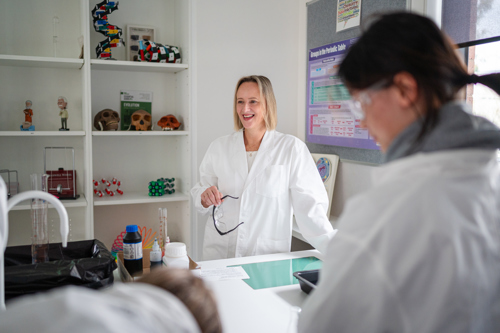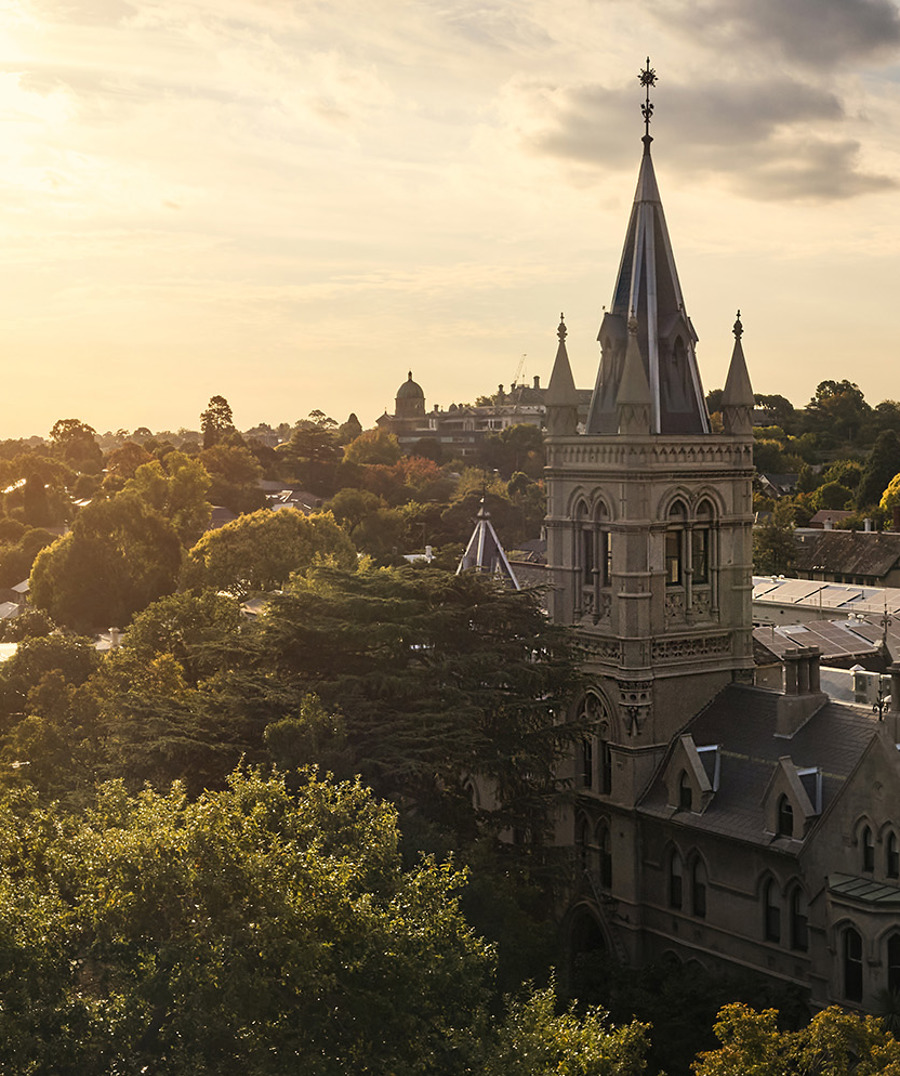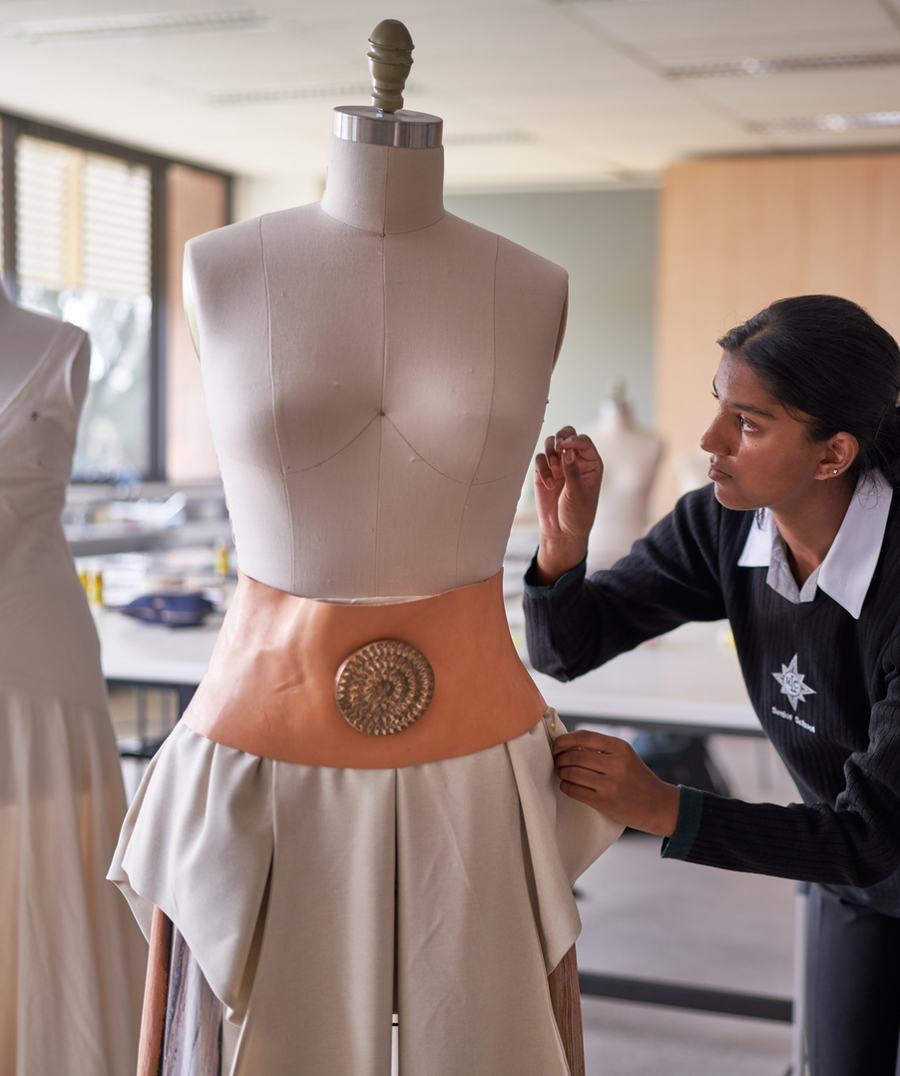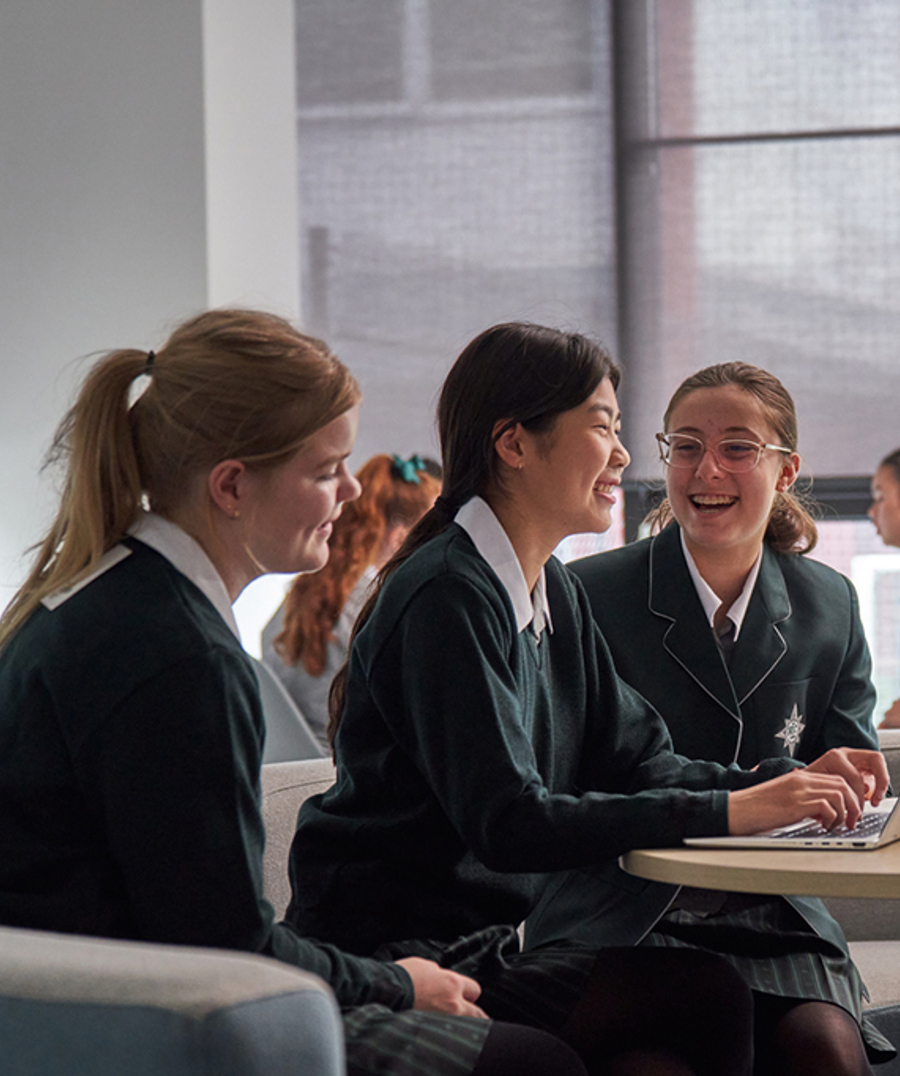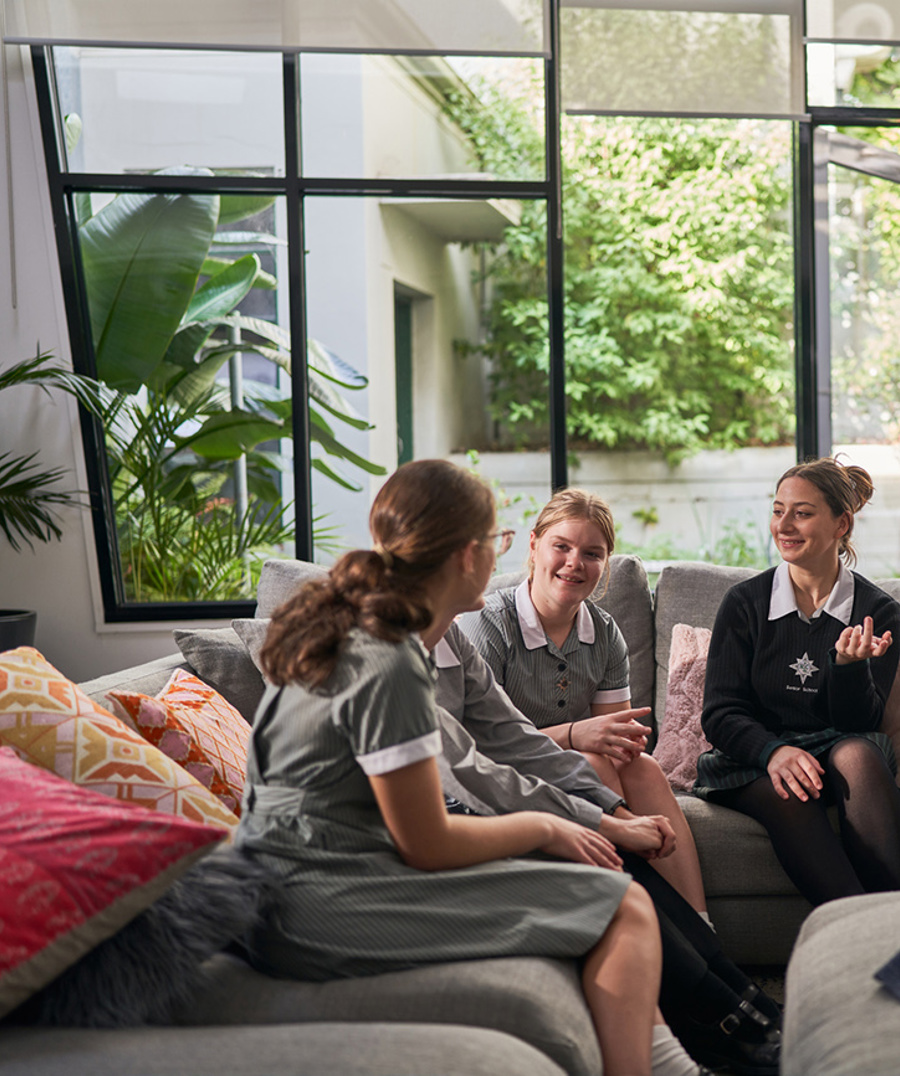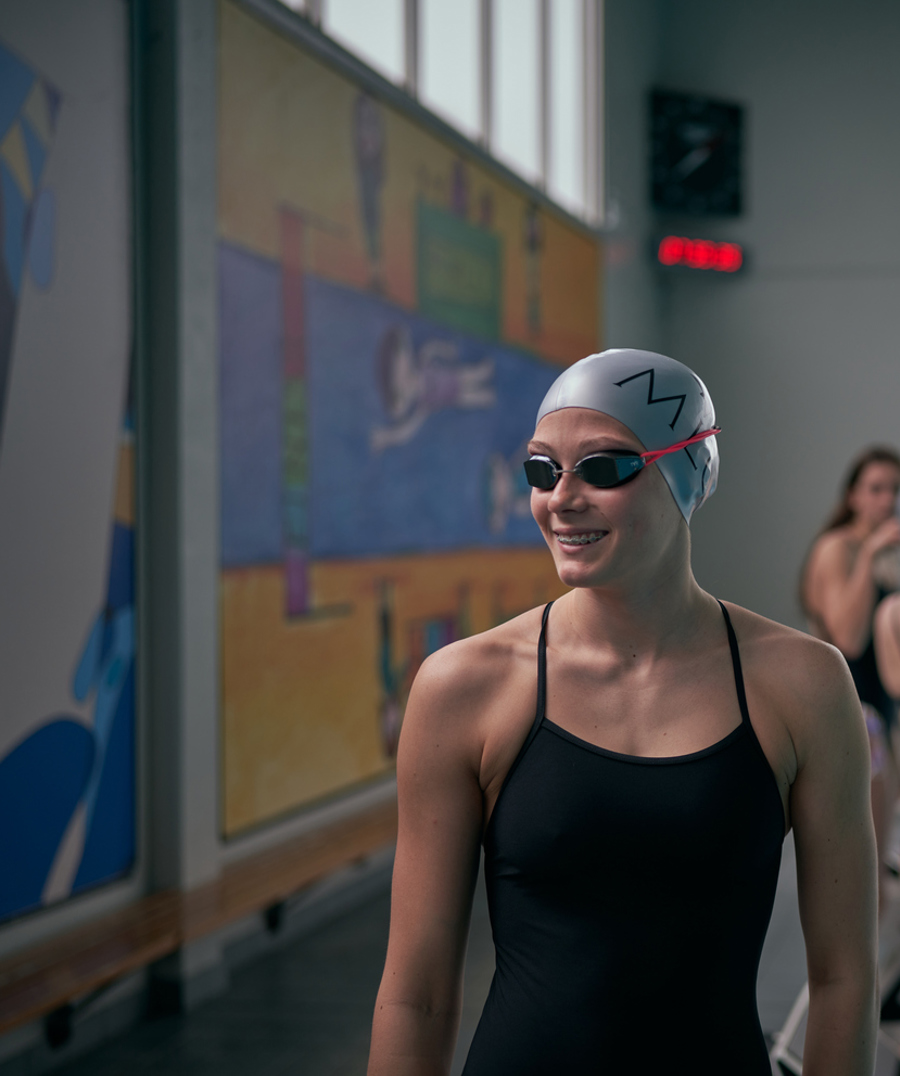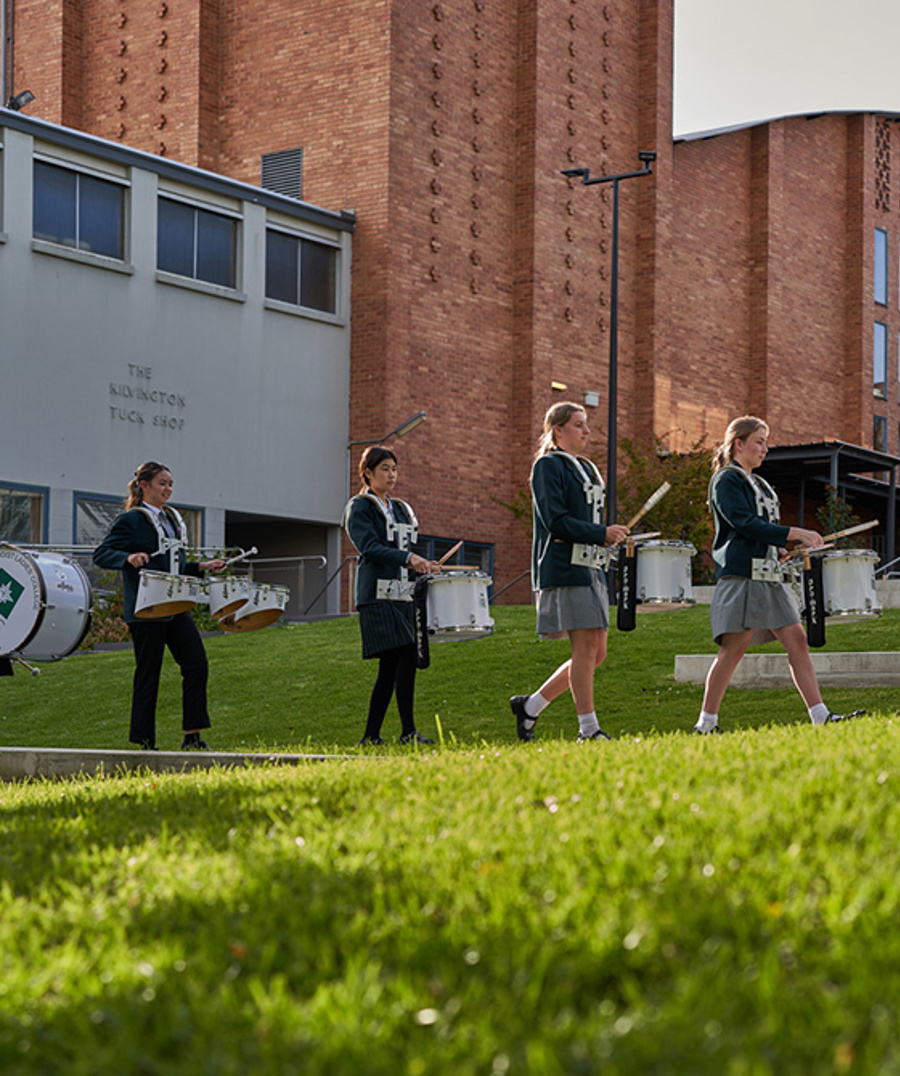A Journey Towards Inclusivity
The once rigid, textbook-driven instruction that was science in the classroom has undergone a remarkable transformation over the past few decades. In its place is a dynamic, inclusive learning environment that welcomes every student.
This evolution is beautifully illustrated through the experiences of Katrina Murray (Brabon 1987), who began as an MLC Year 4 student and has returned as a passionate science educator, her journey mirroring the very transformation of science teaching itself.
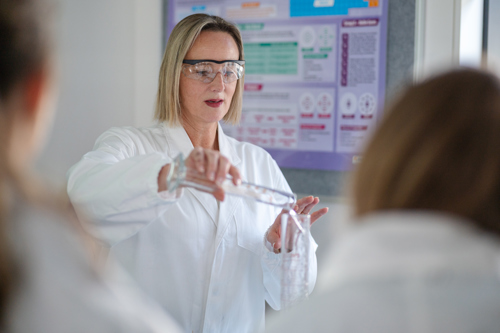
When Katrina was a student at MLC, science education operated quite differently. “Academic content was fixed and printed in textbooks – nothing really progressed, pretty much year on year it was the same content,” she recalls. Like many of her peers, Katrina engaged in extensive rote learning, remembering “learning the periodic table song” and how students would simply “parrot back” responses to questions. One report card even suggested that Katrina not undertake HSC Chemistry: a reflection of how the rigid system sometimes failed to recognise potential.
The approach was entirely teacher-centric. Katrina remembers: “It was one-way delivery of information, but now it’s more collaborative and problem-solving with me as the facilitator.” Students weren’t often invited to engage in scientific conversations with teachers, and assessment certainly didn’t offer formative feedback. For Katrina, science was “just another subject” that lacked any tangible real-world connections.
Today’s science classrooms present a strikingly different landscape, one that Katrina actively helps shape. The shift towards inquiry-based learning has transformed teachers like her from information deliverers into facilitators of discovery. “Students are much more involved,” she observes. They are encouraged to participate in scientific conversations and collaborative investigations grounded in real-life understanding. And this has changed Katrina’s view and approach to science: “the ‘colour’ view of science only truly came into focus for me once I embarked on the process of teaching ... It is from this landscape of genuine fascination and passion for learning that I endeavour to show my students a similarly inspiring view.”
Technology integration has been revolutionary in Katrina’s current classrooms. Textbooks have been replaced by laptops, offering students access to up-to-date, ever evolving information. Students can access simulations, virtual laboratories and real-time data. “We didn’t have laptops – just the textbook; information wasn’t at our fingertips,” she reflects. This technological enhancement has fundamentally expanded how her students can engage with scientific concepts in ways that weren’t available during her own schooling.
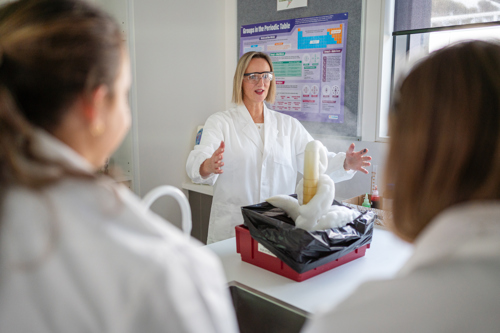
Perhaps most significantly, Katrina has witnessed science education’s evolution towards inclusivity and accessibility. One of her favourite classes is Year 10 Applied Science – a support class designed to foster curiosity, promote understanding, build self-efficacy and provide students with the knowledge and skills to make sense of the world around them. “It’s accessible by everybody and people can enjoy it. As a student, that wasn’t available to us.”
This inclusive approach reflects Katrina’s deep appreciation for how far science education has come. “Students can have multiple ways of thinking and doing, and we can support students in all those ways. I really love that,” she says. “When I went through school, I wasn’t aware that there was any individualization of learning – we were taught to the mid-range.”
For Katrina, returning to MLC as an educator represents the beautiful completion of a circle, embodying science education’s transformation into a field where every student can discover their potential and see themselves as capable scientific thinkers.
She hasn’t just witnessed the transformation of science education – she has become its living embodiment. She has proved that the greatest scientific discovery is the unlimited capacity of every student to learn, grow and contribute to our understanding of the world.
